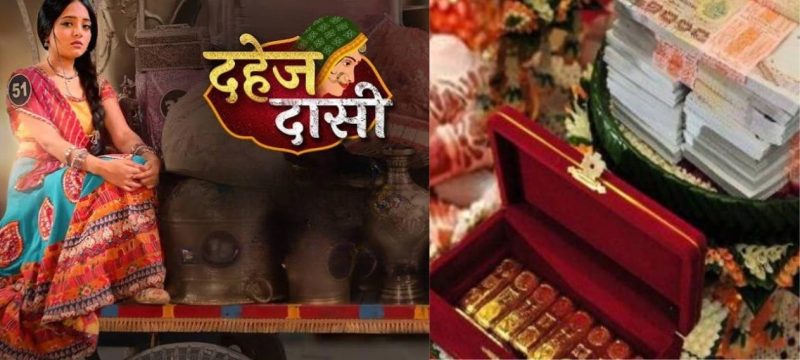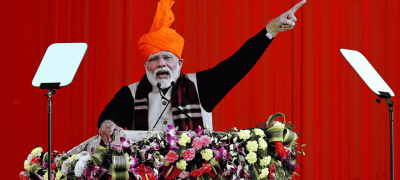What Is Dahej?
The word dahej in Hindi refers to dowry, the gifts, money, or property a bride’s family gives to the groom or his family during marriage. This tradition has been a part of Indian culture for centuries, often seen as a way to secure the bride’s future.
However, over time, dahej has also led to serious social problems. Many families face pressure to provide large sums or expensive gifts, sometimes resulting in financial strain, harassment, or even violence.
Historical and Cultural Perspective
Traditionally, dahej was meant to support the newlyweds in starting their life together. In many cases, it included land, jewelry, or household items rather than cash.
In popular culture, dahej has been explored in films and television. For instance, the 1950 Indian film “Dahej” highlighted the struggles related to dowry, while the 2024 series “Dahej Daasi” brings modern perspectives on the issue. These stories remind society how dahej can affect families and relationships.
Legal Status: Dahej in India
Recognizing the harm caused by dowry, the Indian government made it illegal under the Dowry Prohibition Act. According to this law:
- Demanding or giving dowry is a punishable offense.
- Legal penalties include fines and imprisonment.
- Families can report harassment or abuse related to dahej.
Despite the law, dahej practices persist in some areas. Awareness campaigns, education, and legal enforcement are essential to change attitudes and reduce dowry-related problems.
Social Issues and Consequences
The social impact of dahej is significant:
- Financial Pressure: Families, especially those with daughters, may face heavy expenses to meet dowry expectations.
- Harassment and Violence: In extreme cases, disputes over dahej can lead to harassment or even dowry deaths.
- Gender Inequality: Dowry reinforces harmful stereotypes about women being financial burdens rather than equals in marriage.
Understanding these issues is key for creating a safer, more equitable society. Social initiatives, like anti-dowry campaigns, play an important role in raising awareness and supporting victims.
Dahej as a Place: Industrial and Economic Importance
Interestingly, Dahej is not just a term for dowry. It is also a major industrial and port city in Gujarat, India, located in the Bharuch district on the southwest coast.
This region is home to significant chemical and petrochemical industries and forms part of the Dahej Petroleum, Chemicals, and Petrochemicals Investment Region (PCPIR) and the Dahej Special Economic Zone (SEZ). Major companies like Reliance, Birla, and Adani have invested heavily in the area.
The port city has become a hub for trade and industrial growth in India, though it also faces challenges like environmental pollution from nearby industries.
How Society Is Changing
Today, awareness about dahej is growing, especially among younger generations. Educational programs, social media campaigns, and media portrayals like Dahej Daasi encourage conversations about equality and safe marriage practices.
Families are increasingly opting for dowry-free weddings, focusing on mutual respect rather than material exchange. Legal enforcement combined with social awareness is slowly helping reduce the negative impact of dahej in India.
Final Thoughts
Dahej represents both a cultural tradition and a legal, social challenge in India. While the dowry system has caused hardships for many families, initiatives in law, media, and education are helping change attitudes. At the same time, Dahej, Gujarat, continues to contribute significantly to India’s industrial landscape, showing that the name carries both historical and modern significance.
By understanding the meaning, laws, and societal impact of dahej, we can create a more informed, responsible, and fair society for future generations.
To delve deeper into the unique traditions and spiritual significance of this remarkable village, explore our detailed article on Shani Shingnapur: Doorless Village & Sacred Temple.
FAQs
1. What does “dahej” mean in India?
In India, dahej refers to dowry, the gifts, money, or property a bride’s family gives to the groom or his family during marriage.
2. Is giving or receiving dahej legal in India?
No. The Dowry Prohibition Act makes demanding, giving, or receiving dahej illegal, with penalties including fines and imprisonment.
3. What is Dahej in Gujarat?
Dahej is a major industrial port city in Gujarat, home to chemical and petrochemical industries, the Dahej SEZ, and PCPIR, attracting companies like Reliance and Adani.
4. How is society addressing dahej-related issues?
Awareness campaigns, legal enforcement, and educational programs are helping reduce dowry practices and promote safer, dowry-free marriages.









